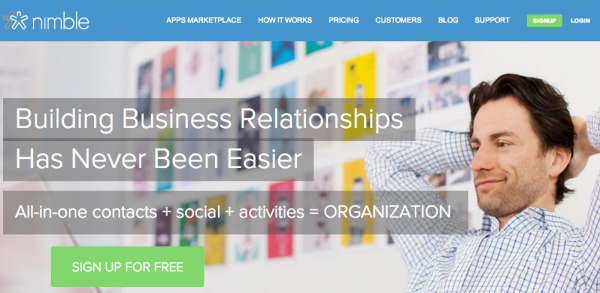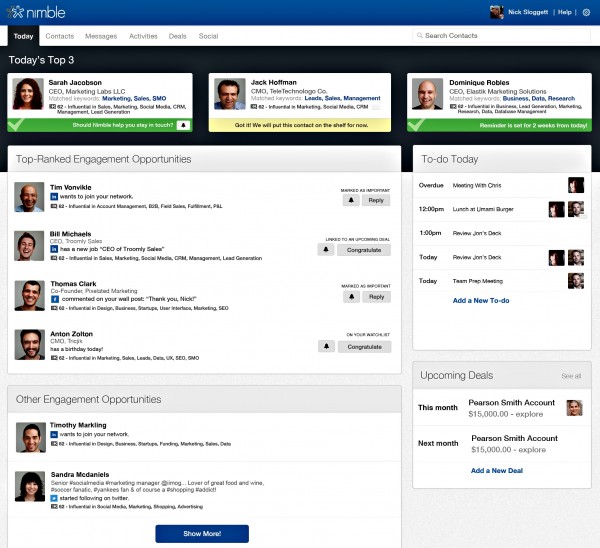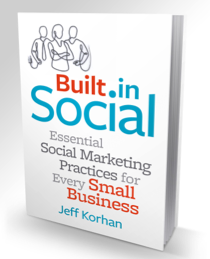
Are you familiar with the negotiating practice of asking for a commitment for a commitment.
It’s an important one for building and sustaining relationships, and that makes it essential for successful sales professionals and online marketers
Selling is A Series of Mini-Commitments
Especially in regards to online marketing, there is often the unrealistic expectation of consummating a sales transaction without first developing a relationship with the prospective buyer.
Relationship selling is much like a courtship. There are intentional actions taken that are designed to build familiarity and mutual trust. If all goes well, each party agrees to make the big commitment.
Thus, what ultimately results in a sale is a series of actions or mini-commitments by people that will include some of the following.
Scanning your social media or blog headlines
- Reading your article, blog post, or social media message
- Clicking on your links to discover more
- Sharing your content
- Liking your Facebook page
- Commenting on your blog
- Making an inquiry with your business
- Calling you on the phone
- Showing up at your place of business
These commitments are lead generation tactics, and most of them can be tracked. This means they can be measured to determine their effectiveness, so that resources can be allocated accordingly.
Every Commitment Merits a Response
When your community makes a commitment to your business, they expect the same in return. Doing that earns you the next level of commitment, and the next, and so on.
Your challenge is designing a process that keeps all of that going until you have solidified a relationship that results in a sale, or at least a shot at their business when budgets or timing are more appropriate.
This is a continuous process of nurturing relationships using a combination of traditional and digtial methods, including social media, newsletters, email, phone calls, etc.
The key is to understand that every commitment of attention from buyers that your business receives merits one in return. Your commitment for a commitment both acknowledges and honors those that engage with your business.
Commit To Your Community with Social Media
What’s the most valuable commitment? It’s time. Fortunately, your business can now leverage the various forms of digital media to help.
Here’s a bold statement that happens to be true:
Not using social media to help your community is failing to commit to them. Tweet this
Businesses that ignore social media and content marketing are indirectly saying they are not interested in doing the necessary work to help their buyers.
Relying exclusively on one-to-one selling to help your communities is not only expensive, it forces the majority that use the Internet to get answers to go elsewhere, and that is rightfully where they will likely make their next purchase.
Sales and marketing has changed.
It’s time to adapt to a digital world. Tweet this
Forget about selling as you know it. Instead think in terms of creating media that is interesting and helpful.
Make a commitment to doing that well and your business will easily convert the interest and engagement that follows into profitable outcomes.
Make a Commitment to Your Success
If your business wants help building and refining it’s sales process, adapting to the influences of social media, and better responding to informed buyers, then consider my full-day workshop.
During 2014 I will be be offering my LIVE, hands-on, Relationship Selling in the Trust Economy workshop on a limited basis.
This is personal training with me, Jeff Korhan, at your place of BUSINESS OR ASSOCIATION MEETING. It’s based on my 30+ years in the selling profession as an entrepreneur and corporate executive.
Contact me to set up a 15 minute call to learn if this trademarked program is a good fit for your organization.
About the Author: Jeff Korhan, MBA, is the author of Built-In Social: Essential Social Marketing Practices for Every Small Business – (Wiley 2013)
He helps mainstream businesses adapt their traditional growth practices to a digital world. Connect with Jeff on LinkedIn, Twitter, Facebook, and Google+.




